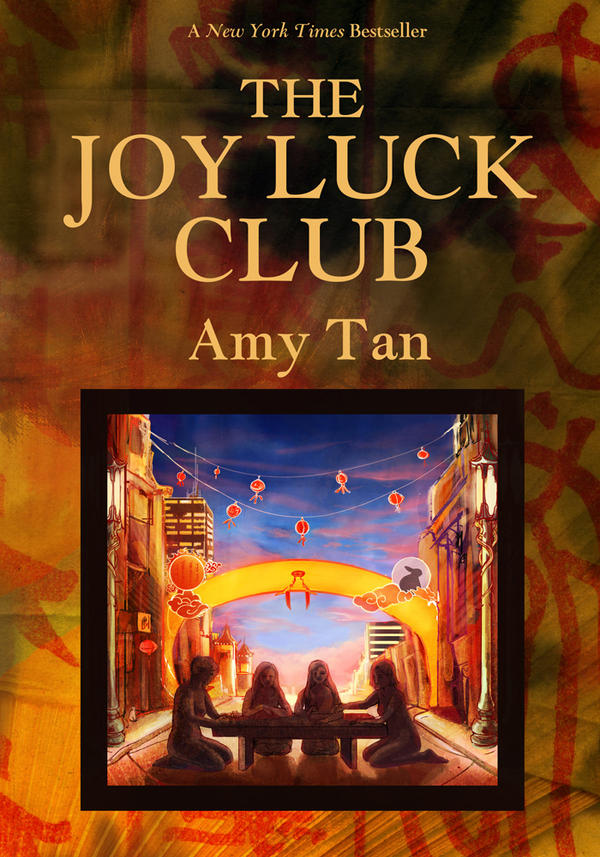Roots and Derivatives
1. duc(t), duce: to lead
2. fed(er), fid(e): faith, trust
3. fin(e): end, limit
4. flect, flex: to bend
Word List:
1. aqueduct (n): a large pipe or other conduit made to bring water from a great distance
- The Romans were the first civilization to enjoy aqueducts as they brought fresh water to their cities.
2. conducive (a): tending to lead, help, assist, or result in
- Teachers are conducive in helping students to succeed in class.
3. definitive (a): completely accurate, reliable, and authoritative; decisive or conclusive
- It is definitive that George Washington was the first president of the United States because of the historical evidence.
4. fidelity (n): faithfulness to one's promises or obligations; steadfast faithfulness; technological faithfulness
- Marriage requires that both partners have fidelity in their wedding vows.
5. fiduciary (n): an individual who holds something in trust for another; a trustee
- Bank workers are fiduciaries for clients as clients trust them to deposit and withdraw money.
6. finale (n): a "grand" conclusion, as of a performance; the last scene of a play
- The finale of Cinderella ended with the couple living happily ever after.
7. finite (a): limited or bordered by time or by any measurement; measurable
- The universe is not finite as scientists don't know how far it stretches.
8. flexuous (a): winding in and out; bending or wavering
- Gymnasts are very flexuous as they can do amazing tricks and flips with their bodies.
9. inducement (n): anything used or given to persuade or motivate; an incentive
- Scientific studies and research are inducements used to prove a new idea in science.
10. inflection (n): a slight change in tone or modulation of the voice, as in a point of emphasis
- Students can identify what the teacher deems important due to their inflections when talking.
11. perfidious (a): characteristic of one who would intentionally betray a faith or trust; treacherous
- In the bible, Judas was perfidious as he betrayed Jesus helping those who opposed Jesus arrest him.
12. traduce (v): to speak falsely of; to slander or defame; to disgrace another's good name; to vilify
- Usually with large companies, people traduce of one another in order to gain more customers.
